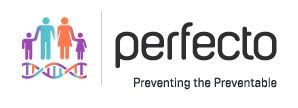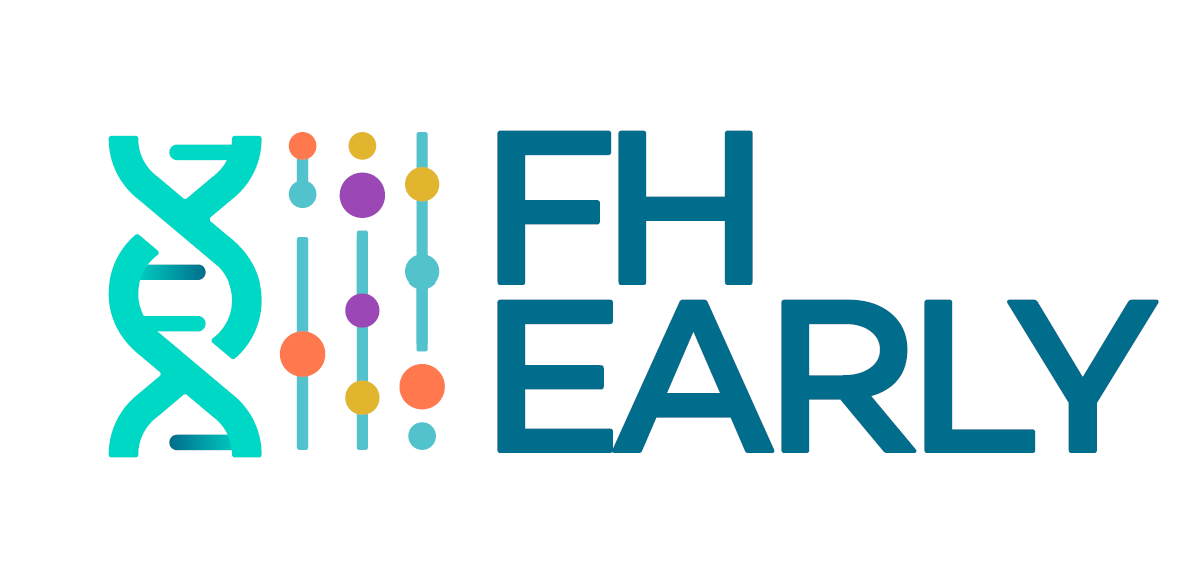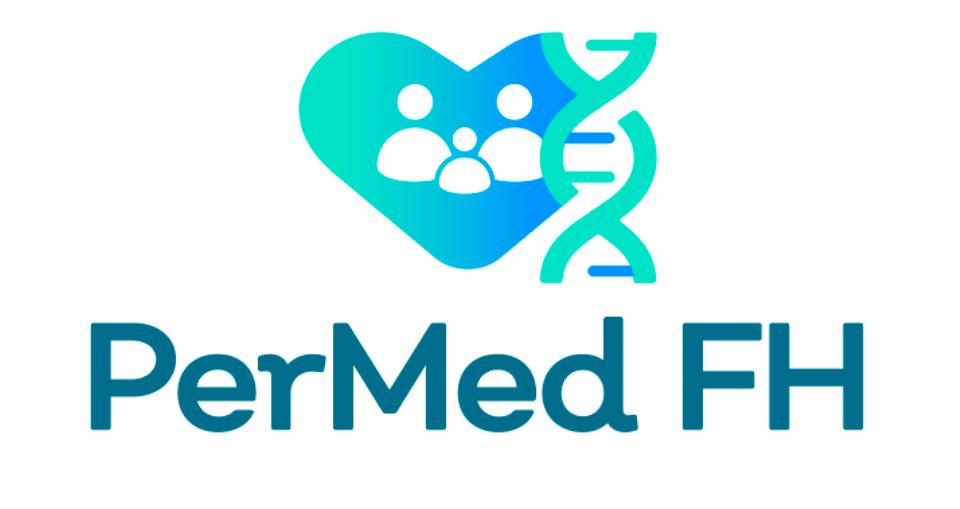FH Europe Foundation
Ambassador Programme
FH Europe certified patient ambassador programme
Who they are, what can they expect and how will it work
Write your awesome label here.
Who are patient advocates?
Patient Advocates
Patient Ambassadors
Certified
Patient Ambassador
Our Advisors

Our Faculty
Mrs Nicola Bedlington
A Senior Policy Advisor for FH Europe Foundation and a special advisor with EPF. She co-led EUPATI and PARADIGM and is a founding board member of PFMD. Her expertise in patient engagement has earned her the reputation of a trusted advisor for global organisations. She also co-founded Millwater Partners, a consultancy specialising in health, engagement, and sustainability.
Dr Julia Brandts
A resident in cardiology at the University Hospital Aachen and an honorary research associate at the Imperial Centre for Cardiovascular Disease Prevention at the School of Public Health, Imperial College London. Dr. Brandts's research interests are mainly focused on evaluating cardiovascular disease prevention strategies epidemiologically, exploring new lipid-lowering therapies, and managing long-term complications such as heart failure.
Dr Marius Geantă
The President and Co-Founder of the Center for Innovation in Medicine, a non-governmental organisation based in Bucharest, Romania, focused on innovation in the healthcare sector. The aim of the Center for Innovation in Medicine is to shorten the time between the emergence of innovations in the medical sector and their application so that they can benefit patients both in Romania and elsewhere.
Dr Samuel Gidding
A pediatric preventive cardiologist, professor of Genomic Health at Geisinger, and trustee of FH Europe. Since retiring from clinical practice, his professional activities have focused on advocacy, and research related to hereditary dyslipidemias, particularly familial hypercholesterolemia. He is an author or co-author on many important scientific statements and guidelines related to familial hypercholesterolemia and has been active in improving screening in childhood.
Ed Harding
In the last 10 years Ed has led many cardiovascular policy projects and campaigns at national, European and Global level, working alongside leading patient and clinical experts. This has resulted in many high-level position papers and peer-reviewed articles which have helped to drive changes in government policies and also to guide the advocacy community towards its goals. He is deeply interested in accelerating change in our health care systems to deliver cardiovascular prevention and disease management at scale, and he is particularly active in heart failure, cholesterol, cardiomyopathy, rare cardiac conditions and heart valve disease.
Prof. Steve Humphries
A world-renowned expert in cardiovascular genetics, a field in which he has worked for over 40 years. He worked at University College London from 1991, where he was the British Heart Foundation Professor of Cardiovascular Genetics, retiring in September 2015 and is the BHF UCL Emeritus Professor of Cardiovascular Genetics. He directed a major research programme to develop and implement molecular strategies to study the causes and clinical and psychological consequences of Familial Hypercholesterolaemia (FH).
Neil Johnson
Formerly Chief Executive of the Irish Heart & Stroke non-profit organization, Croí (www.croi.ie) from 1992–2023 and the Irish National Institute for Prevention and Cardiovascular Health (www.nipc.ie) from 2014–2023. He has over 30 years leadership, management and development experience in the ‘not-for-profit’ sector in the field of cardiovascular health – working across service development; prevention, rehabilitation; education and training; research; patient engagement and patient advocacy. He is a founder of Ireland’s first Heart & Stroke Centre dedicated to cardiovascular health and wellbeing which has been accredited by the European Society of Cardiology as a European Centre of Excellence in CVD prevention.
Prof. Albert Wiegman
A distinguished pediatrician at Amsterdam UMC. He specialized in pediatric cardiology and treated patients in the pediatric-lipid department for three decades. He has conducted extensive research on treating Familial Hypercholesterolemia in children and has published over a hundred articles in international journals. His exceptional work has earned him an appointment as an associate professor and principal investigator in March 2020. He has provided care to over 4,000 children with inherited dyslipidemia, and his dedication to his patients and research is truly admirable.








